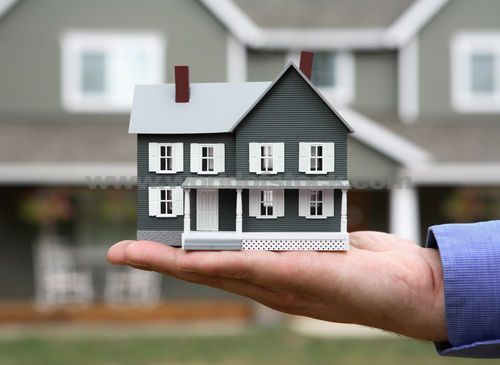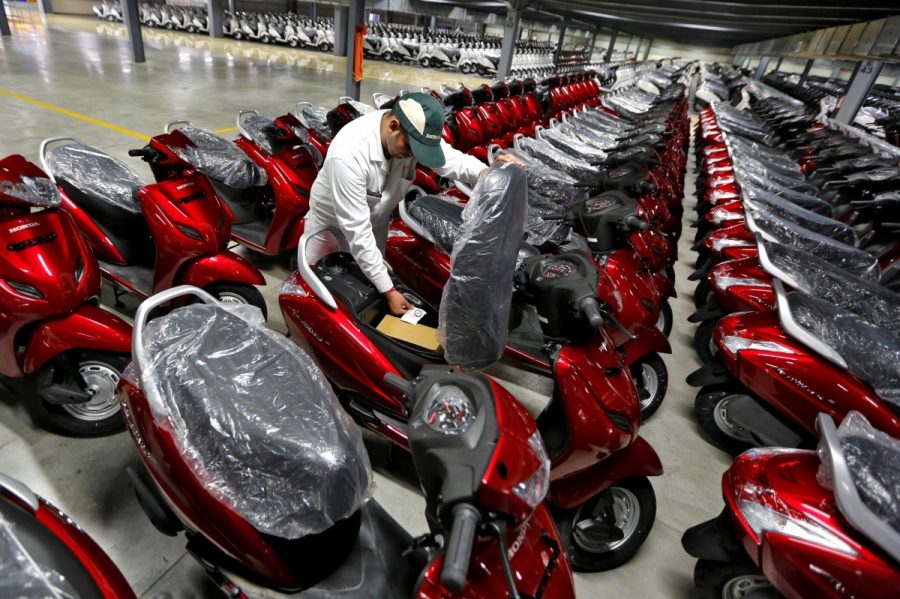Often, a house isn’t occupied for a specific period of time. However, it doesn’t mean that the house shouldn’t be covered. When the house isn’t in use, there are still some risks of damages. In this case, we should have insurance policy that’s designed specifically for houses that are not occupied. We should be aware that some insurance policy doesn’t cover a house that’s not occupied for more than 1 or 2 months. Some owners may attempt outright lying to the insurance company that someone is living in a house. However, when we deceive these insurance companies, it may spell trouble. It is a good idea if we have a proper insurance policy to cover our property.

There are different reasons why we have an unoccupied property:
- Inheritance: In this case, a relative has bequeathed a house in her or his will. This may seem a blessing for us, but it could also mean an extra expense, especially if we are already struggling in paying bills for our primary residences.
- Vacation house: If we have a vacation house, it is essentially a holiday home that our family visits once or a few times each year. We need to get a proper insurance, if the house isn’t the primary property.
- Renovation: The house may undergo a major renovation, while we rent a house for a few months. During the recovery process, the house is considered as vacant, especially it is unoccupied for more than 2 months.
- Newly constructed property: A newly constructed property may not be occupied yet, because it needs to undergo specific design changes to fit the requirements of the owner.
- Death of the original occupant: The death of the previous occupant would be a subject to probate. Although the will stipulates clearly for whom the property will be transferred, there would be a span of time before it will be occupied.
- Rental: Rental property isn’t always be occupied and there’s a span of time before a new tenant fully occupies the property.
In general, we should make sure that the insurance rates for the unoccupied house are lower. In some cases, unoccupied houses pose higher risks than the occupied ones. As an example, there’s no one to monitor the house and when a pipe breaks, we could have an extensive water damage in the interior.
Due to the potentially higher risks, the insurance company knows that homeowners will likely make a claim, because there is a higher risk associated with unoccupied house. We could lower the premium of the insurance policy, such as by installing very strong locks on windows and doors, as well as using burglar alarms. Other than trying to reduce the overall premiums, we should also make sure that we will have proper coverage. It is essential if we have a vacant property, especially because nobody will monitor the house regularly. With proper insurance, we will have all bases covered.
























Leave a Reply